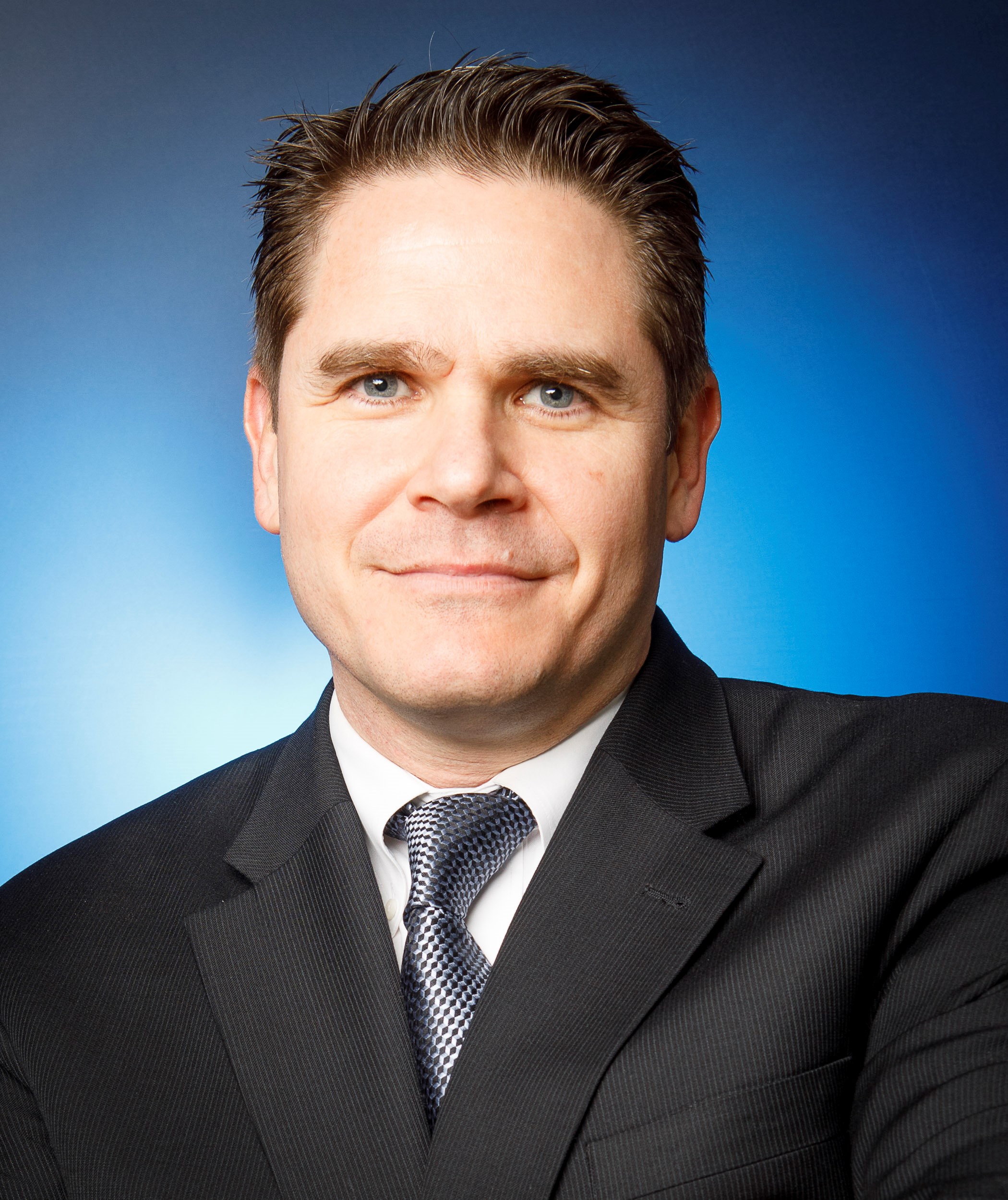The world of 2030 has already arrived, at least as far as work is concerned. That is according to Graeme Codrington, an expert on the future of work, a bestselling author, an award-winning speaker, and a board adviser who works across multiple industries and sectors and lectures around the globe on his favorite topic: the disruptive forces that change how people live, work, interact and connect with each other.
In a podcast for VISION by Protiviti, Codrington notes that the fast-forward to 2030 was driven not only by the COVID-19 pandemic, but also by technologies — such as ecommerce and digital supply chains — that moved from simply available to center stage during lockdowns.
Automation and autonomy are driving trends
Automation and autonomy will be big themes in the next decade, explains Codrington. While automation has to do with tools, autonomy is the more interesting trend because it has to do with people — workers’ attitude — something that developed in the process of working remotely, when people realized they can do things and be productive with colleagues far away while working from home. It’s a paradigm far different from simply having a flexible schedule or hybrid work arrangement. It is about freedom from input-based measurement, such as timesheets, and focus on output — contribution and results.
Intelligent assistance, not artificial intelligence
When Codrington talks about automation, he speaks of IA, not AI — intelligent assistance instead of artificial intelligence. He thinks the focus on using AI to reduce headcount is misguided, if not impossible — no AI can replace a human completely. But using it to free each employee from tasks and reduce time unproductively spent is a healthy way to move into the future.
“There are very few jobs that can be 100% replaced by a machine. There are hundreds and thousands of tasks that can be replaced.”
A fusion of professions with technology
Among his many interesting ideas, Codrington suggests that traditional professions will disappear, or become so fused with the technology and data that enable them that they’ll defy definition — just as many companies today (think Google or Apple) can no longer be associated with just one industry. Integrated skills — in data science, analytics, automation — will be more needed by 2030 than ever before.
I interviewed Codrington for 30 minutes, and he is a fascinating speaker. Listen to our podcast here.
For more insights from other forward-looking thinkers on the future of work and other topics, subscribe to the VISION by Protiviti newsletter.





